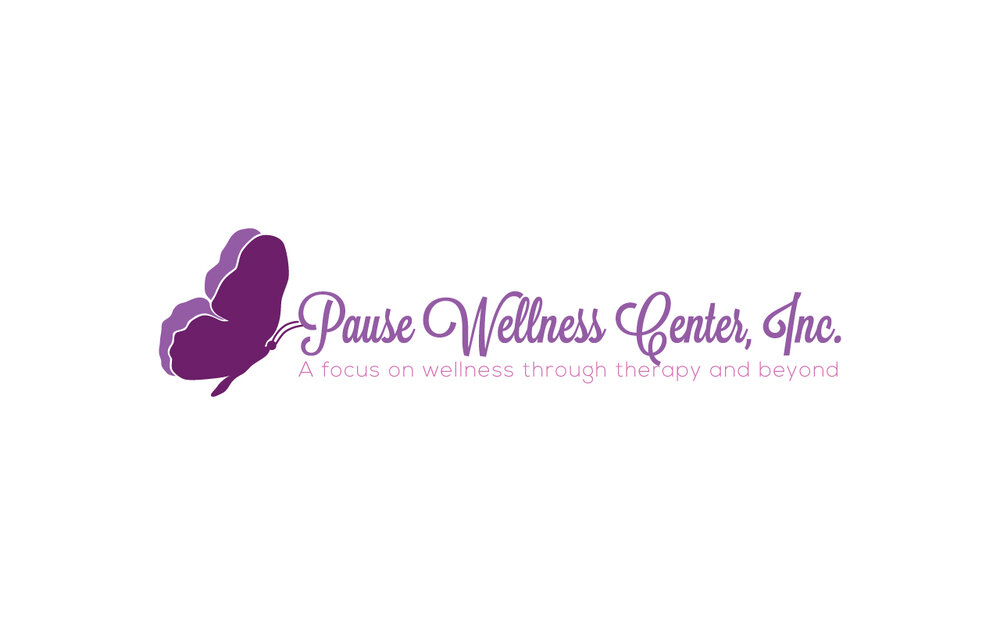Sleep is one of the biggest factors influencing one’s overall health. It’s easy to get caught up in your day-to-day responsibilities and forget about the importance of sleep, but prioritizing other activities over the rest your body needs can have dire consequences for both your physical and mental wellbeing. In this post, we will explore the intersection of sleep and mental health.
Below are the recommended number of hours of sleep needed per night for each age group, according to the CDC (2024):
3-5 years old: 10-13 hours (including naps)
6-12 years old: 9-12 hours (including naps)
13-18 years old: 8-10 hours
Over 18 years old: minimum of 7 hours per night
Are you getting the proper amount of sleep? In the United States, the average adult gets less than 7 hours of sleep per night (Smith & Robinson, 2024), meaning many of us are at risk for chronic sleep deprivation.
Sleep deficiency has been linked to depression, suicidality, and risk-taking behavior, and it can negatively impact one’s ability to problem-solve, cope with change, regulate their emotions, and make decisions (National Heart, Lung, and Blood Institute, 2022). Those who have insomnia are at greater risk for mental health challenges, with one 2005 study reporting that they are 10 to 17 times more likely to experience depression and anxiety than those who do not have the sleep disorder (Taylor et al.). Although most research has focused on the connection between sleep and depression/ anxiety, associations have also been found between sleep and symptoms relating to other mental health conditions like PTSD and eating disorders (Scott et al., 2021).
On the flip side, good sleep health is associated with many benefits. Improved sleep quality has been demonstrated to have a causal relationship with stress reduction and lower levels of rumination, as well as improvement in anxiety and depression symptoms. It has also been shown to have a small alleviating effect on symptoms associated with psychosis, including hallucinations and delusions (Scott et al., 2021).
Sleep and mental health disorders appear to have a bidirectional relationship, meaning that both influence one another (Suni & Dimitriu, 2024). In other words, poor sleep can lead to an increase in mental health challenges, and mental health disorders can negatively impact sleep. For example, those with depression often experience changes in sleep marked by insomnia and/ or hypersomnia. On the flip side, sleep deficiency can also lead to an increase in depressive symptoms (Scott et al., 2021). Therefore, comprehensive treatment plans for clients should address any changes in sleep or existing sleep habits that may be contributing to and/ or caused by their mental health disorder(s).
For many people, getting enough good quality sleep is not as simple as going to bed earlier. While we’ve already mentioned insomnia, other medical conditions like sleep apnea can impede one’s ability to get the sleep they need. The CDC recommends that individuals who find themselves experiencing symptoms of sleep disorder—like waking up multiple times in the middle of the night or find themselves gasping for air while they sleep—should talk to their doctor about treatment options (2024). For those who experience mild sleep difficulties that can’t be explained by a sleep disorder, there are many things to try at home to get a better night’s rest. These include going to bed and waking up at the same time each day, reducing screen time at night, avoiding caffeine and alcohol before bed, exercising during the day, and making sure your bedroom environment is conducive to sleep (dark, cool, quiet space) (CDC, 2024). For those who need a little extra assistance falling asleep, The Sleep Foundation recommends trying some relaxation exercises right before bed (2024):
Body Scan
Lie down in bed and bring your attention to one part of your body, making note of all the sensations you experience there. Slowly scan up (or down) your body, stopping at each body part and noticing the sensations. After paying attention to each body part, you may want to pay attention to larger areas, like the back, front, top, bottom, left, and right side of your body.
4-7-8 Breathing
Count in your head and inhale through your nose for 4 seconds, hold for 7 seconds, and exhale for 8 seconds out your mouth. You will need to continue the exercise for a few minutes to feel a relaxation effect.
Progressive Muscle Relaxation
This involves tightening and relaxing muscle groups to relieve muscle tension that may prevent your body from relaxing. It is recommended you spend 30 seconds on each muscle group before moving onto the next, tightening and releasing the muscles a few times within the 30 seconds. Group muscles by their proximity to one another—in other words, put toes and feet in one group and face muscles in another. Many people find it helpful to progress up or down the body.
If you are experiencing challenges sleeping and you believe it is related to a mental health disorder, speaking with a therapist may help. Reach out to us at info@pausewellnesscenter.com to learn more about what we can offer you at PWC.
References
Center for Disease Control and Prevention. (2024, March 4). Are you getting enough sleep? https://www.cdc.gov/sleep/features/getting-enough-sleep.html
National Heart, Lung, and Blood Institute. (2022, June 15). How sleep affects your health. https://www.nhlbi.nih.gov/health/sleep-deprivation/health-effects
Newsom, R., & Rehman, A. (2024, February 27). Relaxation exercises to help fall asleep. Sleep Foundation. https://www.sleepfoundation.org/sleep-hygiene/relaxation-exercises-to-help-fall-asleep
Scott, A. J., Webb, T. L., Martin St-James, M. M., Rowse, G., & Weich, S. (2021). Improving sleep quality leads to better mental health: a meta-analysis of randomized controlled trials. Sleep Medicine Reviews, 60. 10.1016/j.smrv.2021.101556
Smith, M., & Robinson, L. (2024, February 8). How much sleep do you need? HelpGuide.org. https://www.helpguide.org/articles/sleep/sleep-needs-get-the-sleep-you-need.htm#:~:text=According%20to%20the%20National%20Institutes,recipe%20for%20chronic%20sleep%20deprivation.
Suni, E., & Dimitriu, A. (2024, March 26). Mental health and sleep. Sleep Foundation. https://www.sleepfoundation.org/mental-health
Taylor, D.J., Lichstein, K.L., Durrence, H.H., Reidel B.W., & Bush, A.J. (2005). Epidemiology of insomnia, depression, and anxiety. Sleep, 8(11), 1457–1464. 10.1093/sleep/28.11.1457
